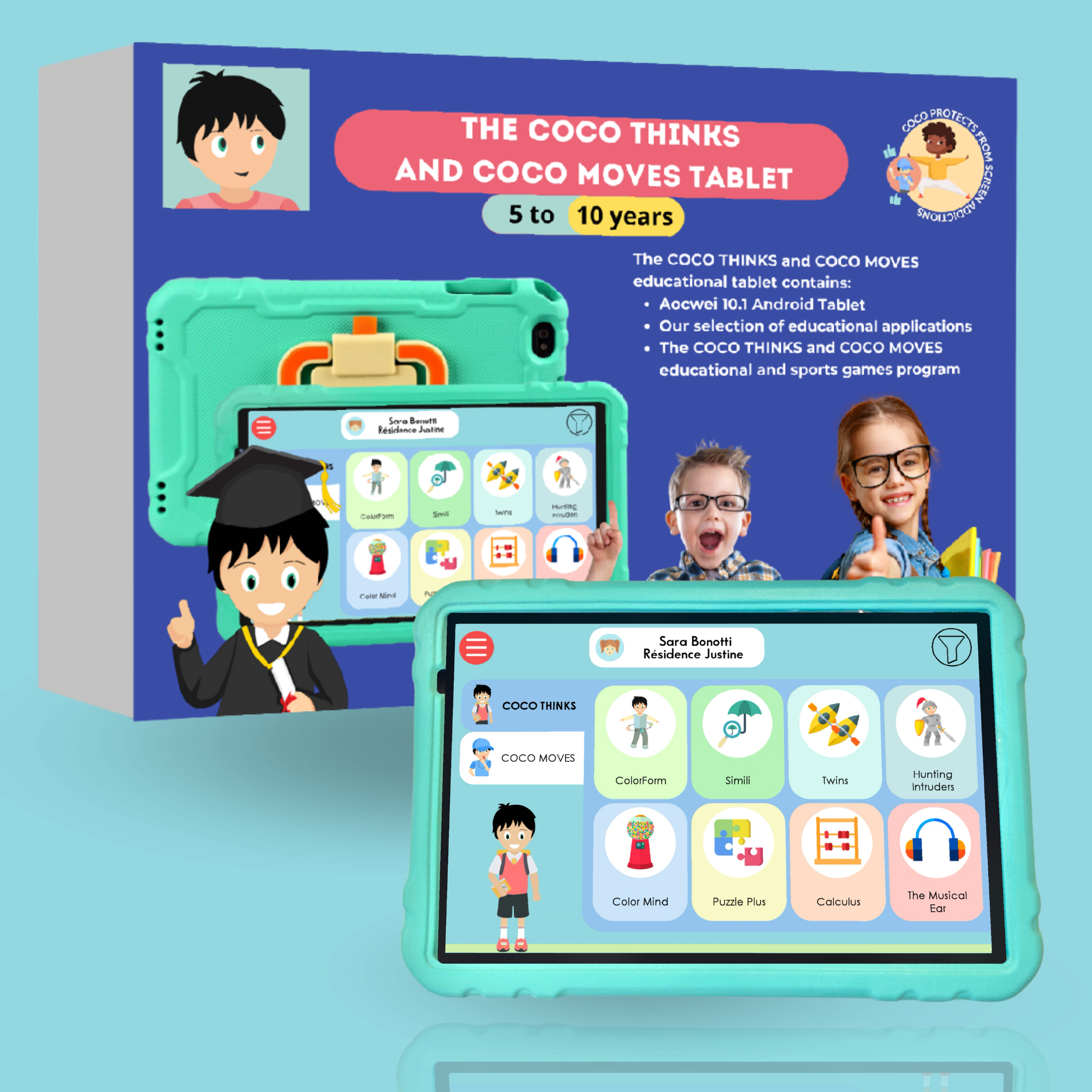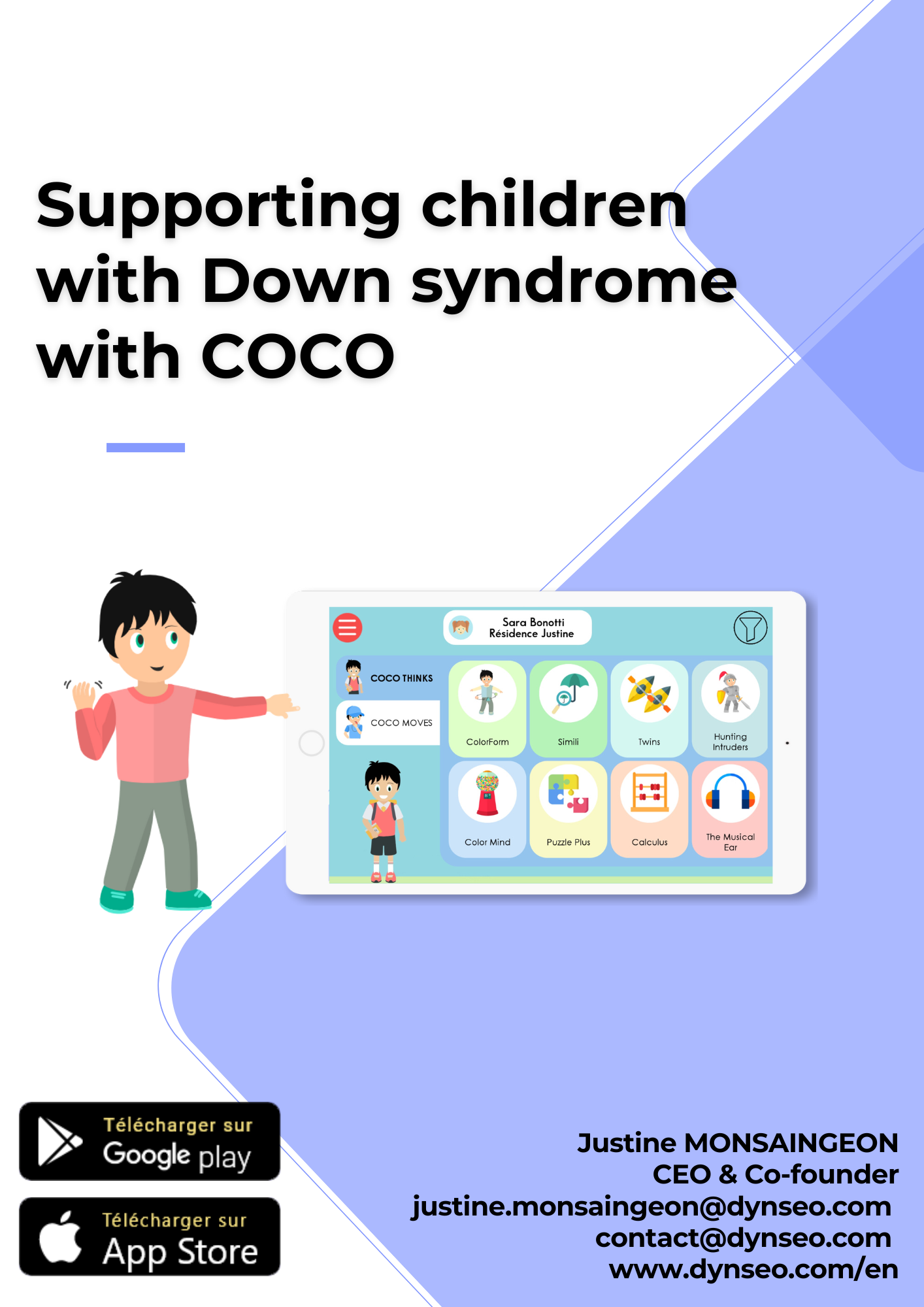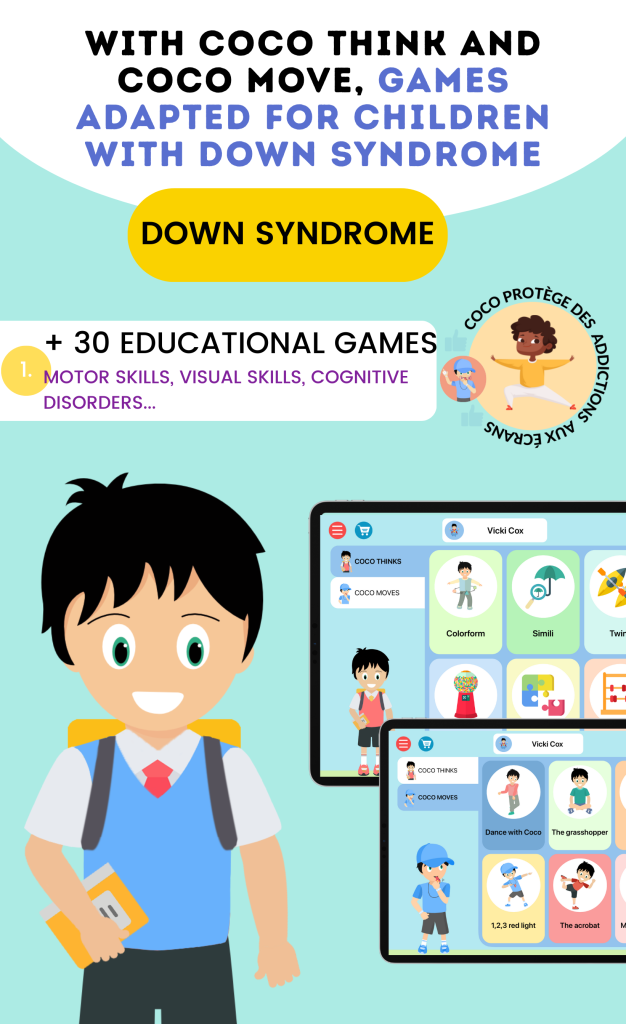Down syndrome is a genetic condition that arises from the presence of an extra chromosome 21, leading to a range of physical and intellectual challenges. As we delve into this topic, we recognize that individuals with Down syndrome often exhibit distinct characteristics, including unique facial features, developmental delays, and varying degrees of cognitive impairment. However, it is crucial to understand that each person with Down syndrome is unique, possessing their own strengths and abilities.This diversity within the Down syndrome community highlights the importance of tailored educational approaches that cater to individual needs. In our exploration of Down syndrome, we also acknowledge the societal perceptions and misconceptions that often surround this condition. Historically, individuals with Down syndrome faced significant stigma and were often marginalized.However, as awareness and understanding have grown, we have seen a shift towards inclusion and acceptance. This change is vital, as it fosters an environment where children with Down syndrome can thrive academically and socially. By embracing their potential and recognizing their capabilities, we can create a more inclusive society that values diversity in all its forms.
Importance of Educational Tools for Children with Down Syndrome
Educational tools play a pivotal role in the development of children with Down syndrome. These tools are designed to enhance learning experiences, making them more accessible and engaging. We understand that children with Down syndrome may face challenges in traditional learning environments, which is why specialized educational tools are essential.They not only support cognitive development but also promote social skills and emotional well-being. By utilizing these tools, we can create a more equitable learning landscape that empowers children to reach their full potential. Moreover, the importance of educational tools extends beyond academic achievement.They also foster independence and self-confidence in children with Down syndrome. When we provide these children with the right resources, we enable them to take ownership of their learning journey. This empowerment is crucial for building resilience and encouraging a lifelong love for learning.As we advocate for the use of educational tools, we must also emphasize the need for ongoing support and training for educators and caregivers to ensure these resources are used effectively.Types of Educational Tools for Supporting Children with Down Syndrome

Strategies for Implementing Educational Tools in the Classroom
Implementing educational tools effectively requires thoughtful planning and collaboration among educators, parents, and specialists. One key strategy is to assess each child's individual needs and tailor the use of educational tools accordingly. We must take the time to understand each child's strengths, challenges, and preferred learning styles.This personalized approach ensures that the tools we choose will resonate with the child and facilitate meaningful learning experiences. Another important strategy is to create a supportive classroom environment that encourages exploration and experimentation with educational tools. We can achieve this by fostering a culture of inclusivity where all students feel valued and respected.By promoting peer interactions and collaborative learning opportunities, we can help children with Down syndrome build social skills while engaging with educational tools. This collaborative approach not only benefits children with Down syndrome but also enriches the learning experience for all students in the classroom.◆ ◆ ◆
Technology-Based Educational Tools for Children with Down Syndrome
In today's digital age, technology-based educational tools have emerged as powerful resources for supporting children with Down syndrome. These tools encompass a range of applications, software programs, and devices designed to enhance learning experiences. We recognize that technology can provide personalized learning opportunities that adapt to each child's pace and style.For instance, interactive apps can reinforce literacy and numeracy skills through engaging games that capture children's attention. Furthermore, technology can facilitate communication for children who may struggle with verbal expression. Augmentative and alternative communication (AAC) devices allow children with Down syndrome to express their thoughts and needs effectively.By incorporating these technological tools into our educational practices, we can break down barriers to communication and foster greater independence among children with Down syndrome.Adaptive Learning Materials for Children with Down Syndrome

Parental Involvement in Using Educational Tools at Home
Parental involvement is a critical component in maximizing the effectiveness of educational tools for children with Down syndrome. When parents actively engage in their child's learning journey at home, they reinforce the skills being taught in school. We recognize that parents are often the first educators in a child's life, and their involvement can significantly impact a child's confidence and motivation to learn.To foster this involvement, we can encourage parents to utilize educational tools at home in a fun and interactive manner. Simple activities such as reading together using visual aids or playing educational games can create meaningful bonding experiences while reinforcing essential skills. By equipping parents with knowledge about effective educational tools, we empower them to become advocates for their child's education both at home and in collaboration with teachers.◆ ◆ ◆




